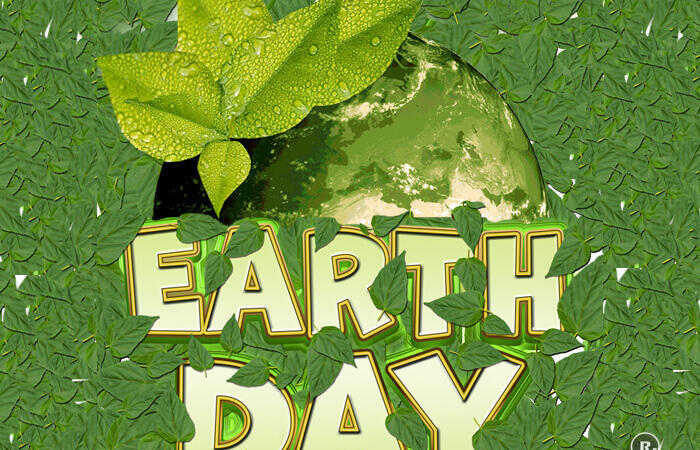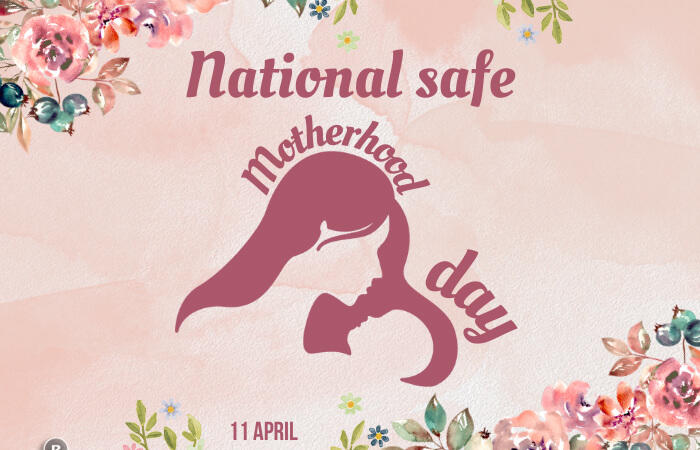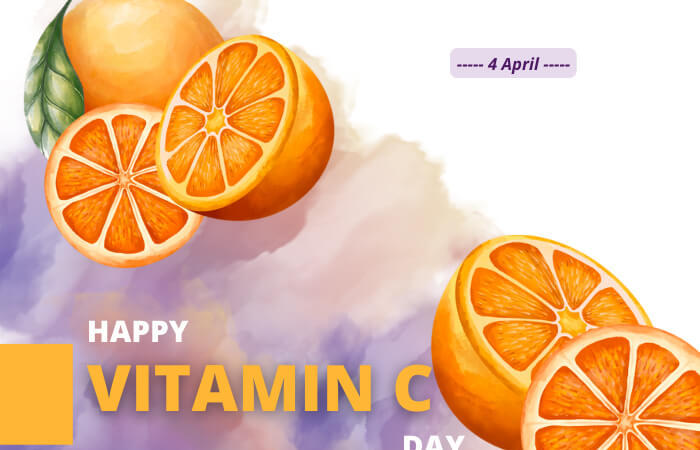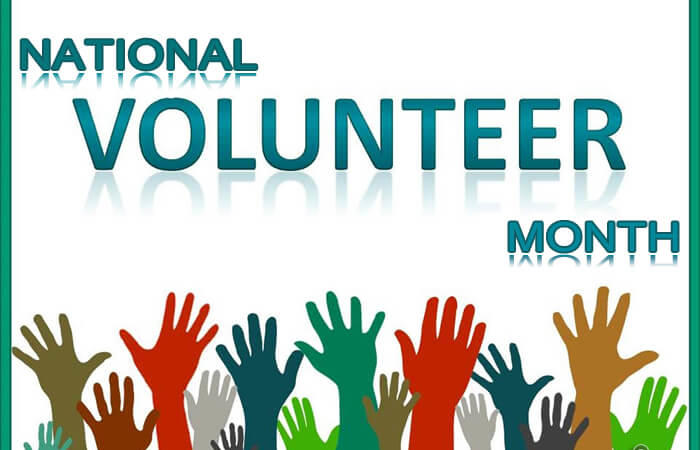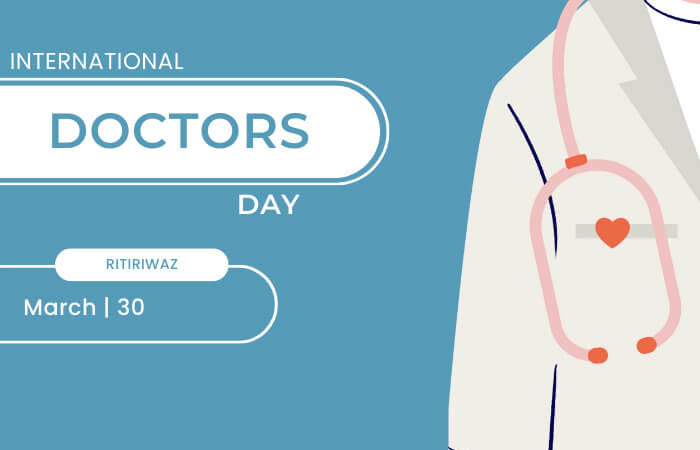National and International Important Days In May
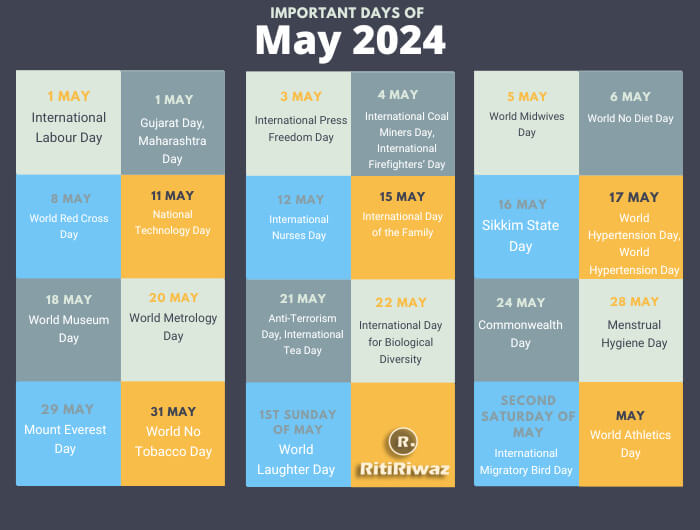
May is the fifth month of the year and a month to love, as summers are here, and you can venture outdoors as May is bike month. Mother’s Day is celebrated on the second Sunday in May every year. Whether it’s World Press Freedom Day or World No Tobacco Day, there’s something official to celebrate every single day of the month.
1 May – International Labour Day
May 1st was chosen as the day for International Workers’ Day, in commemoration of the Haymarket Affair on May 4th, 1886. The four-day protest, which turned violent, killing, and wounding many strikers, later got the name of ‘the Haymarket Square affair’.
To honor the participants of the protest, the International Socialist Conference declared this day as International Workers’ Day and made it a holiday at a meeting in 1889. It is celebrated on the international level to promote and encourage international labor associations. The celebration of Labour Day is done by arranging many related programs and hosting the parties. People often celebrate it with a written banner and flag in a group in many public places.
1 May – Gujarat Day, Maharashtra Day
The states of Gujarat and Maharashtra celebrate May 1 as Gujarat Diwas and Maharashtra Diwas, respectively. These states had come into being on the same day in 1960 when the Bombay state was bifurcated based on linguistic preferences. The states were formed after the Bombay Reorganization Act, 1960 was enacted by Parliament on April 25, 1960. The Gujarat Day and Maharashtra Day also coincide with International Labour Day or May Day.
3 May – International Press Freedom Day
Proclaimed at the UN General Assembly in 1993, World Press Freedom Day has been observed annually on 3 May ever since. World Press Freedom Day is a day of support for media which are targets for the restraint, or abolition, of press freedom.
It is also a day of remembrance for those journalists who lost their lives in the pursuit of a story. It serves both to inform citizens of worldwide violations of press freedom and to remind governments of their need to defend and endorse media rights.
4 May – International Coal Miners Day
Every year 4th May is observed as International Coal Miners Day. It is celebrated to spread awareness in the world about difficulties the coal miners face. This day’s main aim is to celebrate the honors and accomplishments, appreciate the sacrifices they had made, and remember the tragedies they had face while making our lives comfortable.
4 May – International Firefighters’ Day
International Firefighters’ Day (IFFD) was started in Australia on January 4, 1999, after four brave men lost their lives while battling a fire. The symbol of the day is a blue and red ribbon, chosen for the colors’ connection to firefighters — red for fire, blue for water. The day recognizes the men and women throughout the fire service who risk their lives each day to protect lives and property in their communities.
5 May – World Midwives Day
International Day of the Midwife is commemorated on 5th May every year for the various contributions of midwives, all around the world. Midwives practice around the world and are the perfect health care provider to provide care for healthy, low-risk families during the childbearing year. This occasion is to celebrate and advocate the needful that defends, stands up, and protects the midwives for the rights of women, girls, and midwives around the world.
6 May – World No Diet Day
World No Diet Day is observed on May 6th and is a celebration of body acceptance, including fat acceptance and body shape diversity. As a society, we need to not glamorize thinner bodies as being superior. Once an overall acceptance of all body shapes and sizes are shown value then there would be less pressure to be thinner to be valued. So, on this day do we throw all healthy eating habits out of the window and binge on MacDonald’s.
8 May – World Red Cross Day
May 8th marks World Red Cross Day, to mark the day that Red Cross Red Crescent founder, Henry Dunant, was born. World Red Cross was formed as an impartial organization based on humanitarian goals and without any national, racial, and ethnic discrimination in accordance with the 1864 Geneva Convention. The day is a celebration of all volunteers and individuals associated with the Red Cross and their tireless efforts, actions, and inspiring stories from around the world.
11 May – National Technology Day
National Technology Day is celebrated across India on 11 May every year. On this day, in 1998 India successfully test-fired the Shakti-1 nuclear missile in the Indian Army’s Pokhran test range in Rajasthan. The day was named by the former Prime Minister Atal Bihari Vajpayee. The day aims to commemorate the scientific and technological achievements of Indian scientists and technocrats.
12 May – International Nurses Day
Every year, people across the globe observe International Nurses Day on May 12th to commemorate the birth of Florence Nightingale, the fundamental philosopher behind modern nursing. Florence Nightingale is considered by many to be the founder of the nursing profession. She founded the first secular nursing school. On the 12th of May while celebrating and acknowledging the important work of nurses we would be amid a global pandemic- COVID-19 with nurses globally nursing the world to health.
15 May – International Day of the Family
The International Day of Families, proclaimed by the UN General Assembly in 1993, annually held on May 15, celebrates the importance of families. It is a day when we stop and reflect on the importance the international community places on family. The designated day also provides the opportunity to promote awareness of issues relating to families and increase knowledge of the social, economic, and demographic processes affecting families. And family isn’t always blood, it’s the people in your life who want you in theirs.
16 May – Sikkim State Day
Sikkim State Day is celebrated on May 16th. It marks the day in 1975 when Sikkim became the 22nd state of India. The Kingdom of Sikkim dates back to the 17th century when it was founded by the Namgyal dynasty. It was ruled by a monarchy of Buddhist priest-kings known as Chogyal. Sikkim became a principality within British India in 1890. After India and Pakistan’s independence in 1947, Sikkim continued to have protectorate status within the Republic of India.
17 May – World Hypertension Day
World Hypertension Day is celebrated all over the world on 17th May each year to prevent instances of hypertension & to raise awareness. Hypertension is a major cause of a range of health problems such as strokes, heart attacks, and kidney disease, and can also contribute to dementia. Many people who suffer from hypertension are not aware that they have it as there can be no symptoms, often people only find out after suffering a heart attack or stroke.
17 May – World Telecommunication and Information Society Day
World Telecommunication and Information Society Day (WTISD) is celebrated every year on May 17 to raise awareness about the importance of the internet and other means of information and communication in bringing the world closer. The day is celebrated annually since 1969 marking the founding of the International Telecommunication Union (ITU) and the signing of the first International Telegraph Convention in 1865.
18 May – World Museum Day
World Museum Day is celebrated every year on 18 May to raise awareness about the importance of museums. Since 1977, organizations around the world have celebrated and raised awareness about the importance of museums to the development of society on this day.
20 May – World Metrology Day
World Metrology Day is observed on 20th May to pay tribute to the coalition and signature of seventeen nations who came together in 1875, for global collaboration in the field of scientific measurement at the Meter Convention. The main aim of the Meter Convention is to form a worldwide uniformity of measurement.
21 May – Anti-Terrorism Day (Death anniversary of Rajiv Gandhi)
Anti-Terrorism Day is observed in India on 21st May, the death anniversary of former Prime Minister Rajiv Gandhi. It was on 21 May 1991; former Prime Minister Rajiv Gandhi was assassinated in Tamil Nadu. The day is marked to raise awareness in the country among all sections of people about the danger of terrorism and violence and its effect on people, society, and the country.
21 May – International Tea Day
The United Nations designated 21st May as the International Tea Day. Tea cultivation and processing is the main source of income to many families around the world. Some of the biggest tea-producing countries, however, are among the poorest of the world.
The aim, therefore, is to increase the demand for tea, foster sustainable tea production, and improve its value chain. The day was celebrated since December 15, 2005, in 2015 the Indian government proposed expanding the observance of International Tea Day through the FAO Intergovernmental Group on Tea, and the day was moved from December to May in 2020.
22 May – International Day for Biological Diversity
May 22 marks the International Day for Biological Diversity. Biodiversity includes diversity within species, between species, and in ecosystems. In these unprecedented times, we hope it’s becoming clear that having biologically diverse and healthy ecosystems is essential to our existence—tied into everything from our food supply and economy to disease prevention and mental health.
24 May – Commonwealth Day
Commonwealth Day, which replaced Empire Day, is the annual celebration of the Commonwealth of Nations. It is held on the 24th May the birthday of Queen Victoria. Since 1902 it was celebrated as Empire Day, but in 1958 it was renamed Commonwealth Day. In 1976, the date of the holiday was switched to the Second Monday in March. Commonwealth Day is celebrated on different dates across the world. UK, Australia, and Canada celebrate the day on the second Monday of March. On the other hand, India, along with countries like Belize celebrate Commonwealth Day on May 24.
28 May – Menstrual Hygiene Day
Menstrual Hygiene Day is celebrated internationally on May 28th since 2014 to raise awareness and share information about menstruation. On Menstrual Hygiene Day (MH Day) we break the silence and build awareness about the fundamental role that good menstrual hygiene management (MHM) plays in enabling women and girls to reach their full potential.
29 May – Mount Everest Day (First conquest of World highest peak in 1953)
Mount Everest Day is celebrated every year on May 29 in memory of the first summit of Mt Everest on May 29, 1953. Sherpa Tenzing Norgay and Edmund Hillary of Nepal and New Zealand were the first human beings to have scaled Everest. The day is celebrated to mark their achievements and was first celebrated in 2008.
31 May – World No Tobacco Day
World No Tobacco Day is organized by the World Health Organization to raise awareness of the harmful effects of tobacco on health and to advocate the implementation of policies aimed at reducing tobacco consumption.
1st Sunday of May – World Laughter Day
World Laughter Day is celebrated on the first Sunday of May every year. The first celebration was on January 10, 1998, in Mumbai, India, and was arranged by Dr. Madan Kataria, founder of the worldwide Laughter Yoga movement. The day raises awareness about the healing benefits of laughter.
Second Saturday of May – International Migratory Bird Day
International Migratory Bird Day (IMBD) or World Migratory Bird Day (WMBD) is celebrated on the second Saturday in May and the second Saturday in October to accommodate arrival on breeding and non-breeding grounds.
The day was created to help increase awareness about the incredible number and variety of birds that are involved in annual migrations that span the globe, crossing entire continents and even oceans. International Migratory Bird Day allows local birding enthusiasts a chance to show off some of the valuable wildlife habitats that serve as an important rest stop for feathered travelers.
May – World Athletics Day
The World Athletics Day is observed in the month of May on any chosen date by IAAF every year.
The first World Athletics Day was observed in 1996 with a theme around the Centennial edition of the Olympic Games in Atlanta. The most common types of athletics competitions covered on this day are track and field, road running, race walking and cross country running, etc. The goal of World Athletics Day is to establish a firm link across the youth, our sport, and environmental conservation.


